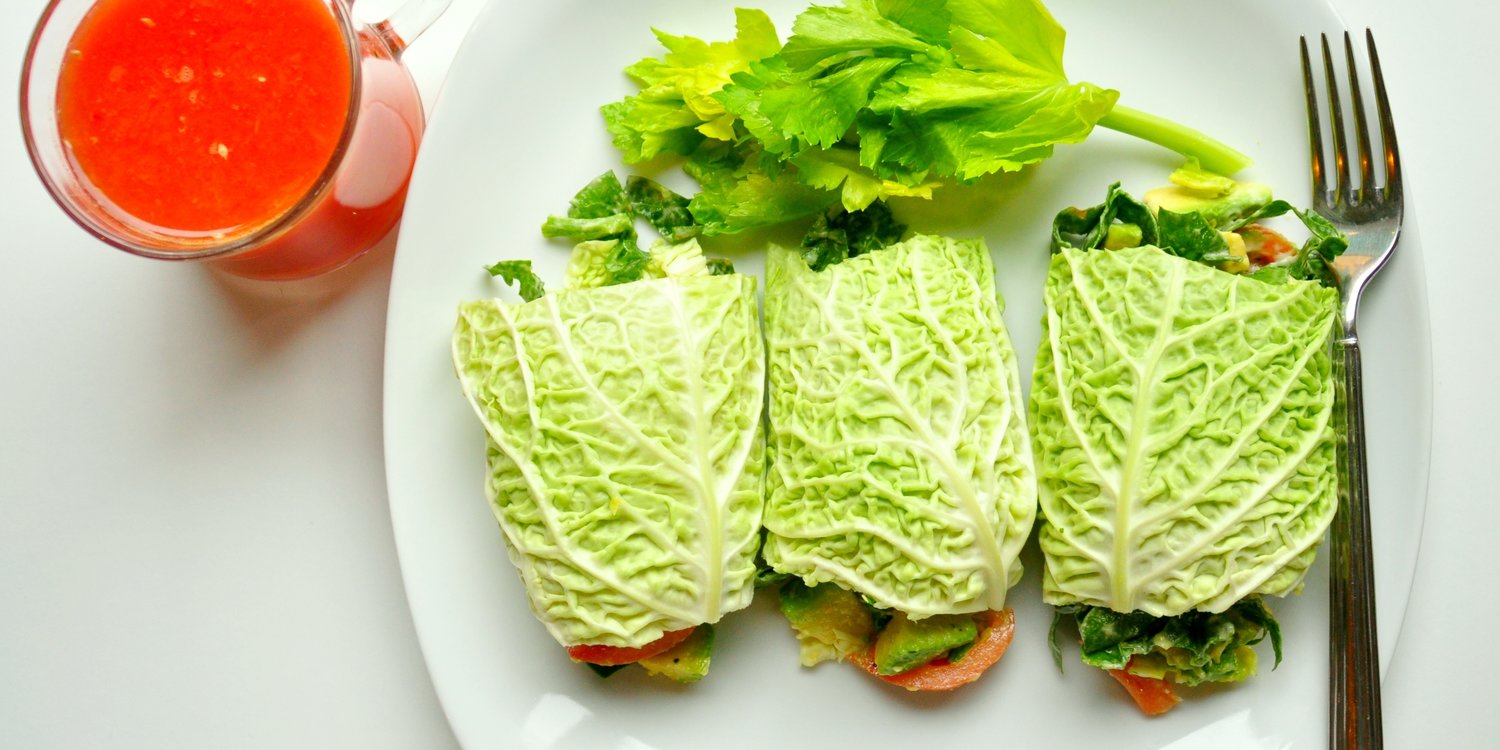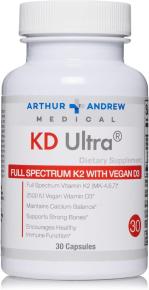Some alternative and holistic health experts claim that raw food will give your body more of the fuel it needs to heal and prevent disease as opposed to cooking foods, which can reduce amino acids, enzymes, vitamins, and minerals. Enzymes are essential for the proper functioning of the human body—including breathing, digestion, and elimination. Raw foods are never heated above 118ºF to ensure that enzymes aren’t destroyed.
Potential Payoff
When going raw, some of the benefits you may experience are increased energy, clearer skin, and better moods. Consuming a natural and clean diet that is detoxifying and cleansing to the body is another plus. You may also discover that you can lose weight and keep it off.
Besides the health benefits, many people eat raw because they enjoy the vibrant tastes. Raw, unheated, and unprocessed ingredients often taste fresh and bold. You may even find that when eating raw, you need less salt and spices.
Finding the freshest ingredients you can is important when preparing raw cuisine, since foods won’t be masked with heavy ingredients like sugar, butter, or refined grains. Organic, seasonal, and—if possible—local foods are your best bet. Many raw food recipes call for soaking nuts and seeds, which makes them more digestible. When blended in a high-speed blender, they become creamy and make a perfect base for smooth desserts and dressings.
Specialized equipment is not necessary to enjoy raw foods. A good-quality knife is essential though, and a food processor or heavy-duty blender will make chopping, mincing, and pureeing much easier.
As you get more interested in the art of preparing raw foods, you may find a dehydrator to be a fun addition to your kitchen. This device uses a low temperature (below 118 ºF) to intensify the flavor of foods while removing water content and leaving enzymes intact.
Digestive Support
Some experts estimate that the body spends most of its energy—about 80 percent—digesting food. To aid digestion, some raw foodists use digestive enzymes, which can be taken at the beginning of a meal.
Different enzymes help break down different nutrients. For example, lipase improves fat utilization and cellulase breaks down cellulose (plant fiber), helping to free the nutrients in both vegetables and fruits.
The phytochemicals in raw foods generally have the same or better bioavailabilty as those found in cooked foods (this is not the case, however, with certain carotenoids such as the lycopene found in tomatoes, as heat increases its bioavailability).
Phytochemicals are important since they produce many health benefits in the body—including anticancer, anti-inflammatory, and antioxidant activity; cardiovascular protection; immune-enhancing actions; and disease prevention.
Raw Supplements
Green foods (barley or wheat grass and spirulina and other chlorophyll-rich algae) represent the first generation of concentrated living foods available in pill or powder form. Recently, the scope of living foods has grown to include raw food supplements made from raw food products processed at temperatures below 116°F to maintain enzyme activity. These supplements target different ages, genders, and needs (such as bone support or weight loss).



